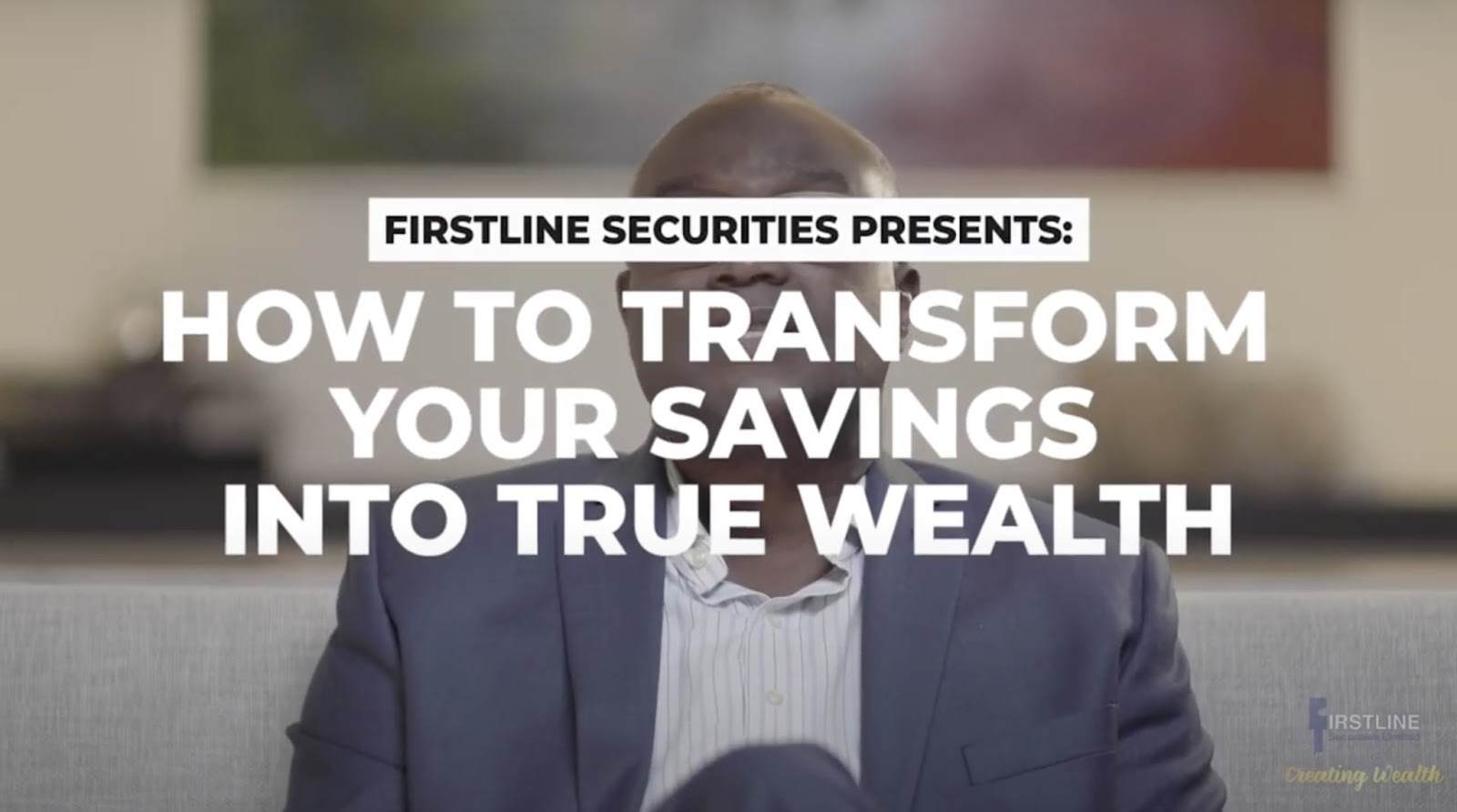This article is a 6 min read.
5 Reasons Why Your Large Salary & Savings Account Is NOT Enough To Ensure A Comfortable Retirement
INSIGHTS

First up, some definitions:
- Large salary – this is whatever “large” means to you. Think of a monthly figure that would make you pat yourself on the back.
- Savings account – typically held at a bank or other financial institution, a savings account pays some interest and may have limitations as to how often you can withdraw your funds.
- Financially comfortable retirement – in this scenario, your standard of living should not decrease once you say goodbye to the world of work.
It seems unfair that you can follow all the rules (i.e. work hard, earn a lot of money, save some of that money etc.) and still experience financial problems in your “golden years”. However, not only is this possible…it is happening to a lot of us!
So let’s get into the 5 reasons why your large salary and your healthy savings account will not be enough to ensure your comfortable retirement.
The Irrelevance of a Salary

An uncomfortable retirement can happen to a well-paid engineer as easily as it can happen to a struggling janitor. This is because what matters most is how much you end up with when it’s time to retire, not how much you received in your younger days.
Mr. Retirement doesn’t care if you increased your net salary every year over the past two decades. His burning question is how much of it you have left.
Savings Accounts: Step 2, not the Final Step
What a nightmare to work hard, be frugal, save diligently – and still have financial problems in your retirement. How is this possible?
- The interest earned on savings accounts rarely (if ever) matches or surpasses the increase in prices of goods and services brought about by inflation.
- In other words, the $100,000 you saved, that remains roughly $100,000 in the future, has been devalued – the world kept on turning, prices kept on increasing, but your $100,000 stayed still.
This nightmare is exacerbated when the savings account (basically a piggy bank for adults) is used as the single source of retirement income instead of being treated as the temporary repository of funds as it should be.
You have been using your savings account in a way that damages your wealth.
At Firstline, we utilise Boutique Portfolio Management which has as one of its main tenets, to place your investments where they are able to match or surpass inflation.
That’s the benefit of tailor-made assistance.

What Everyone *Should* Know
- But Most Were Never Taught -
About Creating True Wealth In Trinidad & Tobago
The REAL truth about how to grow and maximise your money

In just 3 days, you can have all the tools you need to transform your current savings into true wealth – forever.
We are a financial services firm based in Trinidad & Tobago, and do you know what our most commonly asked question is? It’s “How do I make more money?”
Well, now we’ve answered it.
To get the answer, simply put in your name and email address below, and over the next three days, open the three emails we will send you.
Those three emails can change everything.
Put in your email, and let’s begin.
The Frugality Spectrum

Your large salary matters only as much as it leads to large savings. Large savings are in turn made easier when expenses are restricted. But just how much restriction are we talking about? Well, that’s up to you.
One well-used example is giving up the ostensibly small daily purchases that are actually “iceberg” expenses – unremarkable on the face of it, but when taken cumulatively, are much larger than they appear. So that’s your daily or weekly KFC/doubles/latte purchase(s) curtailed.
Other measures along the spectrum include – but are in no way limited to:
- “The best things in life are free” – replacing some expensive forms of entertainment with activities that don’t come with a price tag.
- Selecting your house/car not based on what you can “afford” but what you need. Or, downsizing your house/car to align with the above.
- Live at home longer or return home – this is particularly relevant for the younger crowd who may have decided to rent elsewhere based not on finances but feelings.
The Lifestyle Trap
When someone experiences an increase in income their expenses often rise commensurately. Bigger house, better car, fancier travel…deeper debt.
Sometimes the only thing that doesn’t experience an uptick is their savings and investments; and in really bad cases, the expenses increase more than the income did.
In those circumstances, despite the outward trappings of a wealthier life, this person has become poorer.

Share the Work

For most of us, the growth of our savings account is inextricably linked to the continued receipt of our salary. It needs to be constantly fed to show growth. If, for whatever reason, that source of funding ends, our savings account also stops growing. We therefore need to constantly work.
Instead with Boutique Portfolio Management, you can have investment products that generate their own growth quite apart from the additional funds you put in. The common adage is relevant here: investments make your money work for you.
It is true that this differentiating feature of investments is made possible with more risk, but that’s where we come in.
At Firstline we ensure you understand explicitly what the risks – and rewards – are, how they work, and it’s our job to monitor these continuously. We promote this level of open communication because we believe knowledge and understanding can turn the scariest bogeyman into a gamboling lamb. You cannot run from risk, but you can choose what type of risk you interact with and most definitely, you can manage it.
When it comes to “Savings vs Investments”, the comparison is not “no risk vs risk”. As shown above, a retirement plan that involves only savings can be one of the riskiest things that you do.


